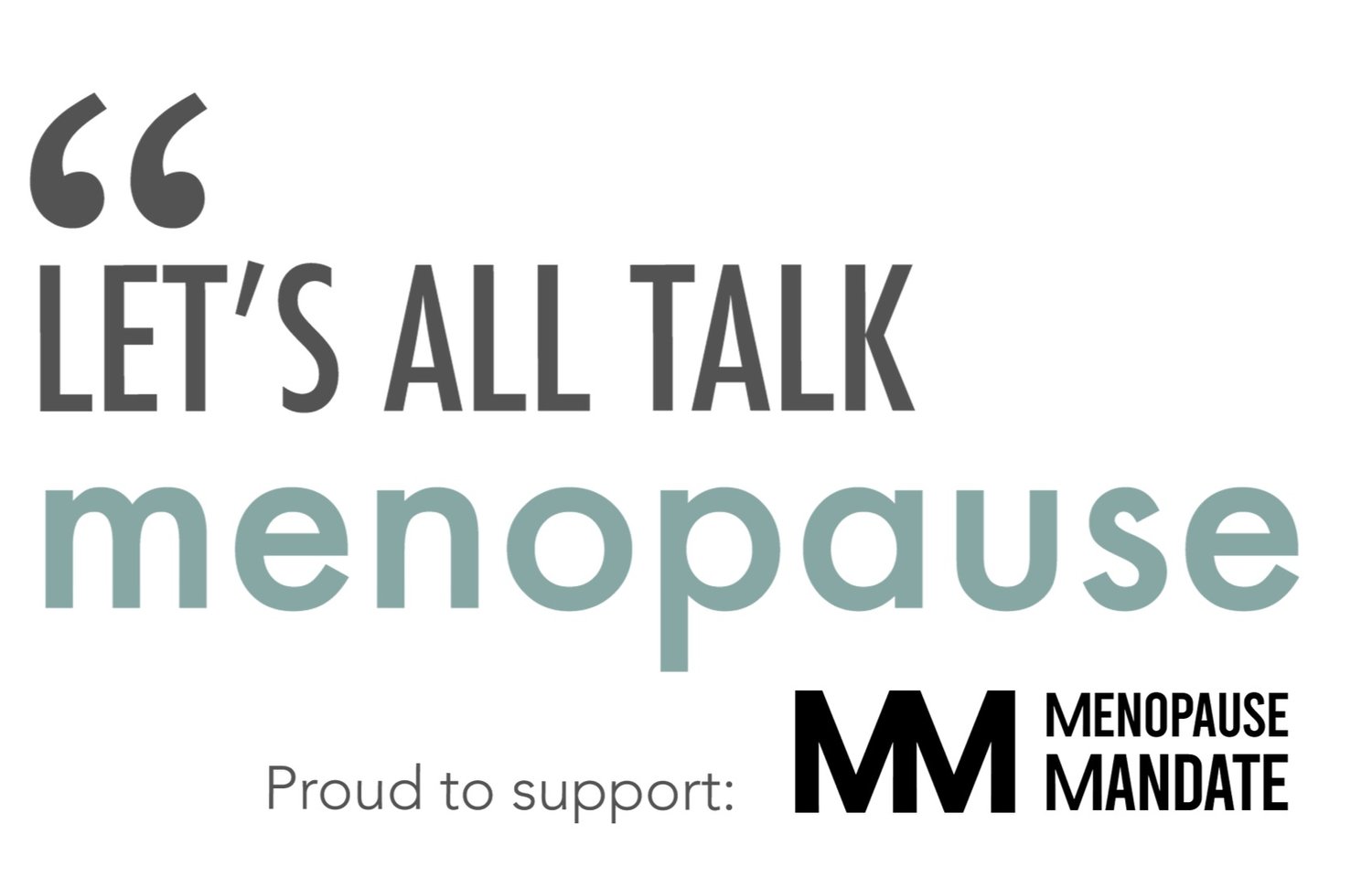Tackling Stress and Anxiety During Menopause: with Psychologist Suzy Reading
Menopause is a big life change that can bring about a mix of physical and emotional shifts. It's common to feel more stressed and anxious during this time, thanks to hormonal changes and the busy demands of everyday life.
"Emotional health is our ability to be with our feelings and to move through them in safe and healthy ways."
What's Behind the Stress?
As menopause hits, levels of hormones like estrogen and progesterone drop, which can mess with serotonin, the mood-regulating chemical in the brain. This can lead to mood swings, anxiety, and even depression. Plus, physical symptoms like low energy, hot flashes, sleep issues, and memory fog can add to the stress.
Today's women often juggle careers, family, and personal health, which can feel overwhelming. Unlike past generations, there's a lot more on the plate, leading to feelings of being stretched too thin.
"I see perimenopause as an incredible fire of transformation. It is literally burnt away the dross in my life."
Why Moving Matters
Staying active is key to managing stress and anxiety during menopause. Exercise boosts mood and energy, helps keep muscles and bones strong, and lowers the risk of health issues like heart disease and diabetes. The trick is to find activities you enjoy, whether it's walking, swimming, or playing a sport, so you stick with it.
"The best form of movement is the thing that you'll want to do and you'll want to keep doing."
Mindfulness and Emotional Balance
Mindfulness practices like meditation and breathing exercises can really help with stress and emotional well-being. It's about dealing with tough feelings rather than trying to get rid of them. Mindfulness keeps you grounded and helps you handle emotions in a healthy way.
Sleep and Lifestyle Tweaks
Good sleep is crucial for keeping stress in check. Cutting back on caffeine and alcohol can make a big difference in sleep quality. Setting a regular sleep routine and using relaxation techniques can also help you get better rest.
"We need tenderness, rather than criticism. We need gentle coaxing. We need encouragement."
Being Kind to Yourself
During menopause, it's important to be gentle with yourself. Switching from harsh self-talk to a kinder, more supportive inner voice can help you cope with the changes. Using terms of endearment and practicing self-soothing gestures can make a big difference.
Reaching Out for Help
Knowing when to seek professional help is important. Whether it's hormone therapy or talking to a counsellor, addressing both the physical and emotional sides of menopause can help manage stress and anxiety better.
"It's about coping strategies. It's about emotional health. But it also spans those healthy habits that are essentially the scaffolding that we need in life to be able to pitch up as we aspire to."
Menopause isn't just about challenges; it's also a time for transformation and self-discovery. By embracing the changes and getting the right support, women can navigate this stage with strength and confidence.
